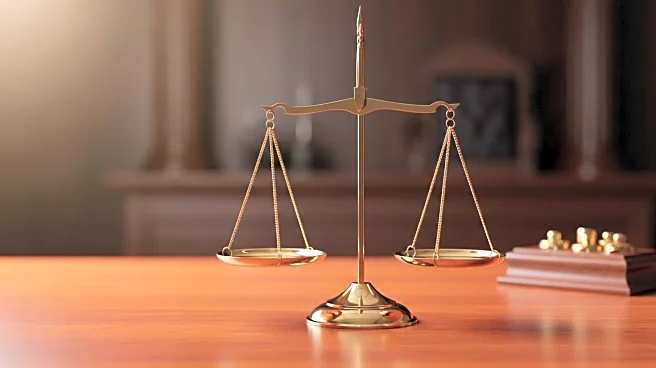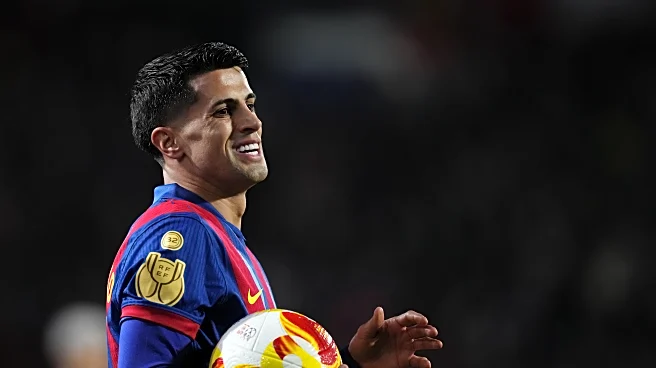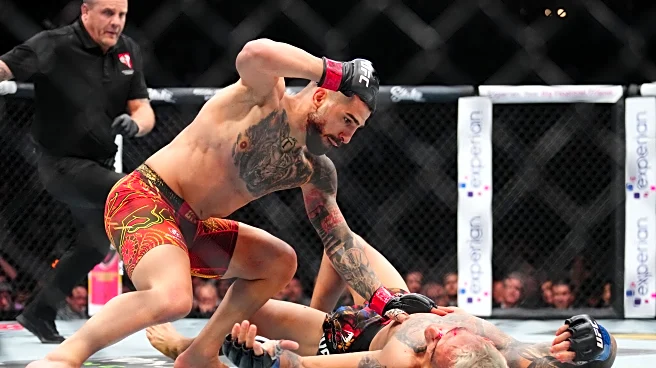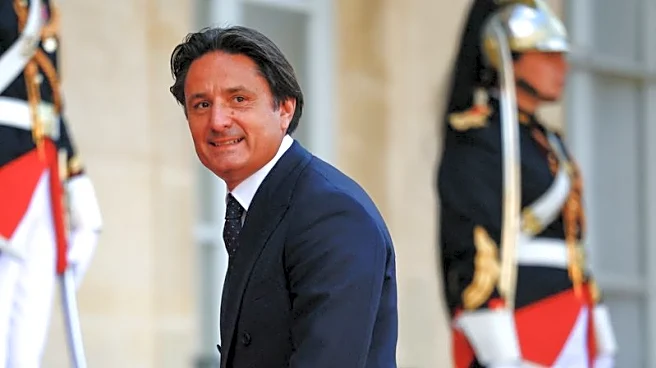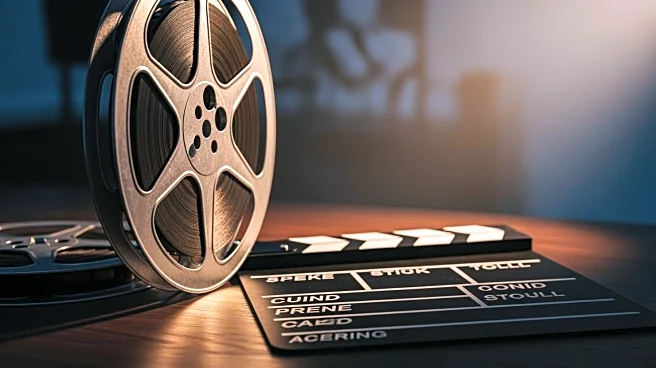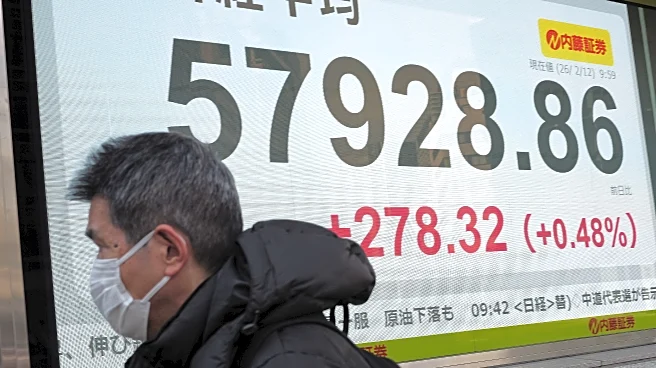What is the story about?
What's Happening?
Former French President Nicolas Sarkozy was found guilty on some charges related to the illegal financing of his 2007 presidential campaign with funds allegedly provided by the Libyan government under Moammar Gadhafi. The Paris court has yet to sentence Sarkozy, who can appeal the verdict, potentially suspending any sentence. Prosecutors have recommended a seven-year prison term. Sarkozy, who was present in the courtroom with his wife Carla Bruni-Sarkozy, denied all wrongdoing during the trial, which involved 11 co-defendants, including three former ministers. The accusations stem from claims made in 2011 by a Libyan news agency and Gadhafi himself, suggesting that millions of euros were funneled into Sarkozy's campaign. Despite the guilty verdict, Sarkozy remains a significant figure in French right-wing politics.
Why It's Important?
The conviction of Nicolas Sarkozy marks a significant moment in French political history, as he becomes the first former president found guilty of accepting illegal foreign funds to win office. This case highlights the ongoing scrutiny and legal challenges faced by Sarkozy, which could impact his influence in French politics. The verdict may also affect France's diplomatic relations, given the involvement of Libya in the allegations. Sarkozy's legal troubles could lead to broader discussions on campaign financing and political corruption, potentially influencing future reforms in France and beyond.
What's Next?
Sarkozy's legal team is expected to appeal the guilty verdict, which would delay any sentencing. The appeal process could take several months or even years, during which Sarkozy may continue to exert influence in political circles. Additionally, a separate investigation into possible witness tampering related to the case is ongoing, which could lead to further legal challenges for Sarkozy. The outcome of these proceedings may affect Sarkozy's legacy and his role in French politics.
Beyond the Headlines
The trial has shed light on France's back-channel negotiations with Libya during the 2000s, when Gadhafi sought to restore diplomatic ties with the West. Sarkozy's conviction may prompt a reevaluation of France's foreign policy decisions during his presidency, particularly regarding military interventions in Libya. The case also raises ethical questions about the influence of foreign money in national elections and the integrity of political leaders.
